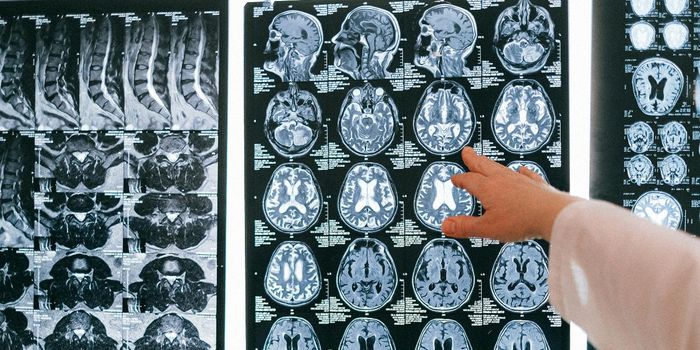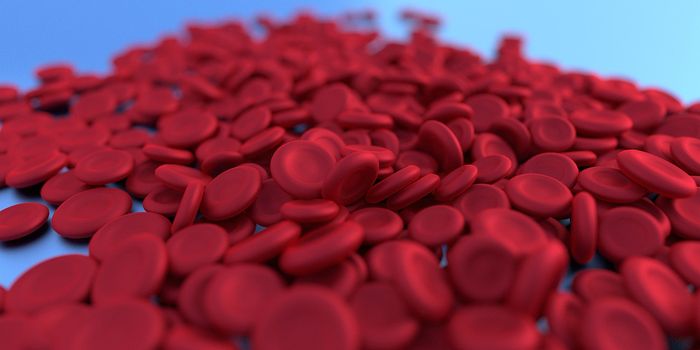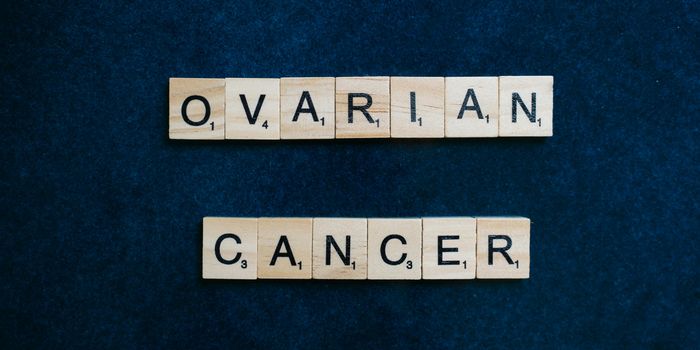Cellular Bridges Help Tumors Survive
Millions of individuals are affected by cancer each year. In response, different organizations and the federal government heavily invest in research to develop better therapies. Scientists and physicians have been working to learn more about the specific cancer types and combat these different subtypes. Unfortunately, cancer is a general term that encompasses dozens of chronic inflammatory diseases caused by mutations and abnormal cell growth. These different cancers can affect various tissues and organs. Additionally, each cancer associated with an organ has more subtypes based on the type of mutation and mechanism it uses to evade the immune system. While many common cancers, such as breast cancer, have standardized therapy, others are harder to categorize and treat.
As cancer progresses, it becomes harder to control because it employs different mechanisms to suppress the immune system and travel to other organs. The expansion of tumor growth to other areas of the body is referred to as metastasis. Many therapies work to treat the primary tumor, but it is much harder to find and target metastatic tumors. As a result, a lot of research focus has been on metastatic tumor therapy development and understanding how cancers avoid the immune system. By understanding how tumors escape immune detection and elimination, scientists can develop more targeted drugs and improve treatment efficacy.
A recent paper in Cell Reports, by Dr. Idit Shachar and others found that in aggressive forms of breast cancer, immune cells are directed to build molecular bridges that cause other immune cells to avoid attacking the cancer. This form of immune suppression is guided by breast cancer cells and is a new way cancer evades the immune system. Shachar is a Principal Investigator and the Dr. Morton and Anne Kleiman Professional Chair in the Department of Systems Immunology at the Weizmann Institute of Science. Her work focuses on various aggressive cancer types and how to expose mechanisms that cancers use to progress to develop stronger therapies. Although much of her work is done using cancer as a model to study cell function, her work can be applied to other pathologies. Consequently, her therapeutic strategies can extend to autoimmune disorders and viral infections.
Previous work in Shachar’s lab showed that cancer blood cells can generate molecular bridges between cells to survive. However, this phenomenon was strictly in hematological malignancies. The group expanded their model to triple negative breast cancer and found the same mechanism, which avoids cancer elimination by immune cells. The team discovered that patients with triple negative breast cancer had much higher expression of a protein, known as CD84. Further investigation found that CD84 is a surface protein and directly involved in the development of the molecular bridges previously described. Unfortunately, the high expression of CD84 correlated to poor survival outcomes compared to patients with low CD84 expression. In response, Shachar and her team developed an antibody to inhibit CD84 on cells that express the protein. Fortunately, many healthy cells do not express this protein which limits toxicity in patients. Preliminary studies demonstrated that using this antibody in mice with triple negative breast cancer slowed tumor growth and improved overall survival. Shachar and her team hope to extend these findings to the clinic and improve treatment efficacy in patients. Overall, this work reports a novel therapeutic target that has the potential to enhance cancer treatment and effectively treat patients with refractory tumors.
Paper, Cell Reports, Idit Shachar, Weizmann Institute of Science








